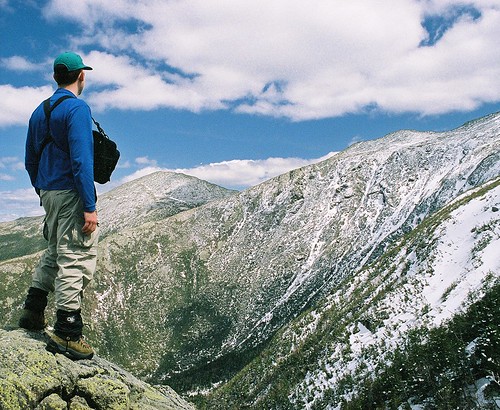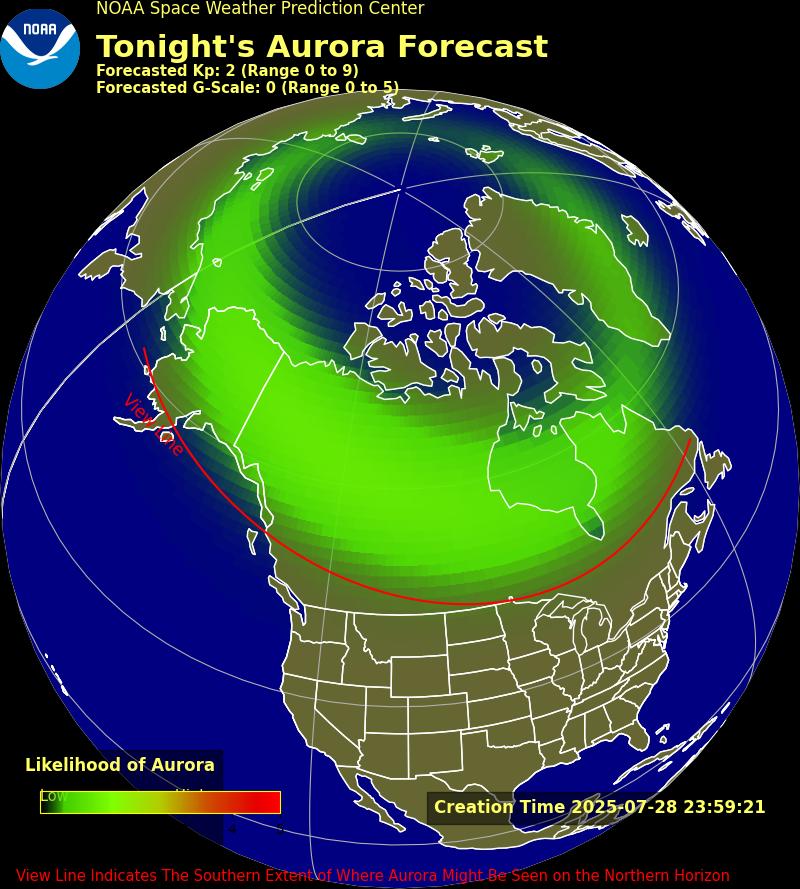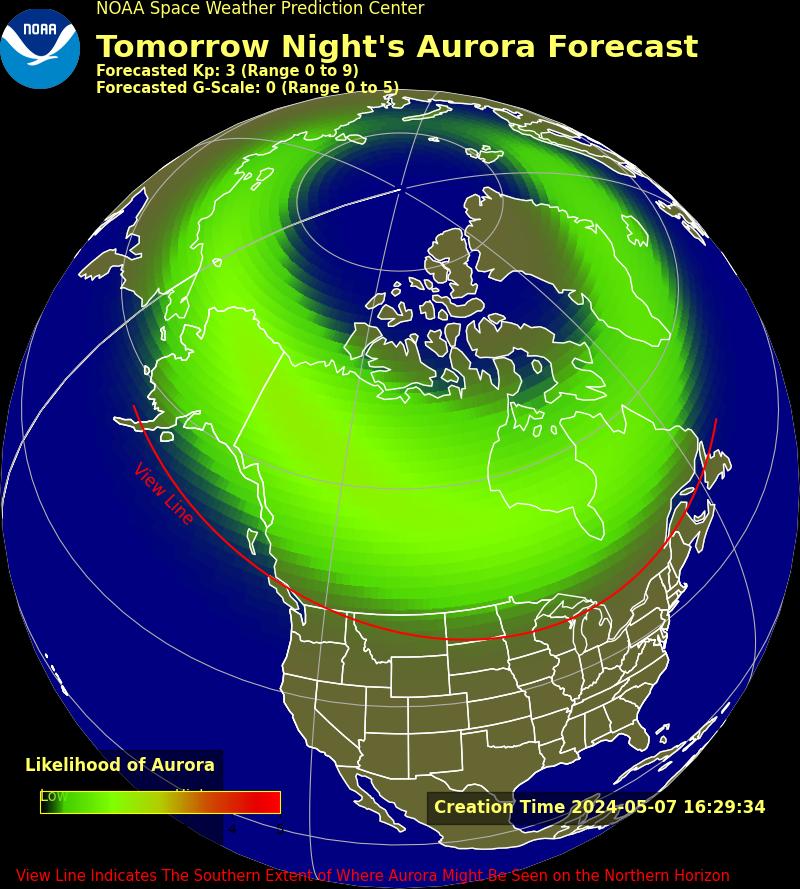
Yes, it seems this is in fact the new state motto of New Hampshire. I suppose the state was in need of a makeover after their entire identity was wiped out when the "Old Man" of the mountains died, following years on life support and steel feeding tubes, bonded by epoxy and wire.
Many times have I been asked what my goals in the backcountry were. Sure I have better answers but usually the first thing that pops into my head is to never need to be rescued. It sounds simple, but the reality is that it's a loftier goal than one would think. It doesn't take a lot to get hurt, lost, bogged down by bad weather. It's the reason we go out there, to challenge ourselves, while enjoying the solitude of nature.
I actually agree with both the premise, and the actual intent of the law outlined in the article below. And it seems that the people in this article should have payed some of the bill. How in Gods name do you spend 3 days on Mount Washington, and then go for the summit? Does anyone else feel like that kid was camping? Who blames a blaze on a rescue, did they have a map? And how do you miss a trail by 50ft and end up spending 3 nights on a mountain? Go up, or go down for god sakes. That said, enforcement of the law seems completely arbitrary. For instance, often you will change plans on the fly, or create plans IN THE BACKCOUNTRY. This is part of going into the wilderness and escaping the real world. This doesn't make you negligent or reckless. I've often "base camped" places and created my hikes in the backcountry. Having a hard set itinerary is great, but conditions change, and minor injuries change plans. So if you don't have a "flight plan" filed you foot a bill? I find it hard to believe that the idea that wilderness travel needs to be as rigid as air travel is not complete nonsense.
Taking a wrong turn happens in the backcountry. Missing your return time happens. Underestimating trail conditions and taking longer than expected just happens.
The rigidity and arbitrary nature of New Hampshire law means, I can no longer take a side trail, a detour, and I can't choose to bushwhack back because if something happens to me I'm going to foot the bill. Edward Abbey, the great American philosopher and conservationist, would be rolling in his unmarked desert grave if he heard of this nonsense.
"A venturesome minority will always be eager to set off on their own, and no obstacles should be placed in their path; let them take risks, for godsake, let them get lost, sunburnt, stranded, drowned, eaten by bears, buried alive under avalanches - that is the right and privilege of any free American." -Edward Abbey
These people are far more likely to be unprepared for self rescue and/or survival in deteriorating conditions. They have no food, no shelter (shelter can simply mean adequate clothing), no navigation aids (maps, compass, altimeter, or headlamp), and they are oblivious to the dangers. Ignorance is truly blissful for them.
Accidents happen to all hikers and climbers at some point. Most accidents are minor, most times self extraction is possible, but occasionally help is needed, and people shouldn't be afraid to contact SAR or to wait for rescue if it is needed. These laws, or more aptly their enforcement, make an unwillingness to ask for help a reality. The law should be specific, if you are truly unprepared, truly lacking the equipment and skills required for your endeavor you should pay the actual cost of rescue. Not for the volunteers time, or regular working hours of state or federal rescuers. This would allow the state to recoup legitimate expenses, but not cause a prepared hiker to pay a bill. Likewise, there should be a panel setup to determine in certain terms whether the rescued was negligent or not.
New Hampshire's current guidelines are totally bogus, and create an unsafe environment for everyone involved. No, Daniel Webster, there is no longer a sign that says: "In the mountains of New Hampshire men are made," those days died with the Old Man.
Hikers in NH must be prepared -- or pay for rescue
CONCORD, N.H. --Stranded with a sprained ankle on a snow-covered mountain, Eagle Scout Scott Mason put his survival skills to work by sleeping in the crevice of a boulder and jump-starting evergreen fires with hand sanitizer gel.
He put plastic bags inside his boots to keep his feet dry as he sloshed through mountain runoff hidden beneath waist-deep snow. After three cold days last April, rescue crews spotted him hiking toward the summit of Mount Washington, the Northeast's highest mountain.
New Hampshire officials praised his resourcefulness. So grateful was he for his rescuers that Mason, 17, sent $1,000 to the state.
Sometime later, New Hampshire sent him a bill: $25,734.65 for the cost of rescuing him.
New Hampshire is one of eight states with laws allowing billing for rescue costs, but only New Hampshire has made frequent attempts to do so -- even strengthening its law last year to allow the suspension of hiking, fishing and driver's licenses of those who don't pay, according to an Associated Press review.
National search and rescue organizations insist just the possibility of being billed is dangerous policy. Hikers may delay calling for help while they think about the cost, and that could put them -- and the mostly volunteer corps of rescuers -- at greater risk.
Other states with laws allowing them to recoup costs rarely, if ever, enforce them, largely for that reason, the AP found.
"If it had happened in Colorado, he would have been applauded for being able to survive for three days," said Paul "Woody" Woodward, president of Colorado's Alpine Rescue Team. "New Hampshire is way out on their own on this one."
New Hampshire officials counter that being properly prepared -- not the size of the scout's bill -- should be the message about visiting wilderness areas. And, fish and game officials say, many of the state's trailheads are posted with signs warning hikers they may be billed for rescue costs if they aren't properly prepared.
Mason, now an 18-year-high school senior, from Halifax, Mass., has hired a lawyer to try to negotiate a settlement. Officials said he was found to be negligent because he veered off the marked path, was unprepared for melting snow that made a shortcut perilous and went up the mountain with an injured ankle, not down.
The bill included more than $24,000 for a helicopter and labor provided by state fish and game officers. Volunteers provided their time at no charge.
Three states besides New Hampshire -- Hawaii, Oregon and Maine -- have general laws allowing agencies to bill for rescues. Only Maine has attempted to recoup money a handful of times and the bills were never paid. California, Vermont, Colorado and Idaho have laws allowing state agencies to bill in limited circumstances, but the laws are rarely enforced -- and when they are, draw a firestorm of protest from search and rescue groups.
Two years ago, the fire department in Golden, Colo., rescued a hiker from Kansas who had sprained his ankle and later billed him for $5,135. The outcry from national search and rescue groups influenced the city to change its policy and settle with the hiker for 10 percent of the bill.
Only New Hampshire has consistently billed people. Last year, lawmakers increased the likelihood of being billed when they lowered the legal standard from reckless to negligent to make it easier to collect.
Records obtained by The Associated Press from a Freedom of Information Act request found that New Hampshire spent $413,543 on 275 rescue missions over the past two years. The state issued 16 bills for rescues totaling $41,435 -- with Mason's $25,000 bill the largest. The state spent far more, $59,426, on a December 2007 search that was not billed. In that case, the body of the 70-year-old hunter was found four months later. His family was not billed.
"We're not going out there with the intent to bill everyone," insists Fish and Game Maj. Timothy Acerno.
Policies vary across the country on penalizing people who ignore weather warnings, don't carry flashlights on long hikes, fail to leave itineraries, ski out of bounds or are otherwise unprepared or act irresponsibly.
If Mason had gotten lost in a National Park, his rescue would have been free, said David Barna, chief of public affairs for the National Park Service.
New Hampshire officials stress they only bill those who are negligent.
Acerno said that experienced search and rescue volunteers and fish and game staff consider what a reasonable person would have done and measure the person's actions against a hiker responsibility code that calls for knowing the terrain and conditions, taking proper gear, leaving an itinerary and turning back if conditions change. The attorney general's office makes the final determination.
Hannah Groom, a 21-year-old college student from Cumberland, Maine, learned the hard way.
While grateful for rescuers' help, Groom said the $3,360 bill sent to her and a friend was steep for one night on New Hampshire's Baldface Mountain in May. The two had planned a day hike, but took a wrong trail. She blames confusing trail markers.
"I do not believe that charging two young adults such a high fee for a mistake caused by poor trail markers is warranted," she wrote The AP in an e-mail.
Acerno said they were billed because they didn't tell anyone where they planned to hike and didn't have proper equipment, especially a flashlight.
Seasoned winter hiker John Winship, 46, of Boxford, Mass., paid the state $4,000 instead of his $1,479 bill after spending four days on Mount Washington last March when he missed his trail by 50 feet in a snowstorm. The third night out, he was getting frostbite.
"I was so grateful I got out of it. I have 10 fingers and 10 toes," he said of the experience.
Allen Clark, whose volunteer Pemigewasset Rescue Team participated in the Mason search, believes the punishment should be fixed dollar fines, not bills for state workers' time.
"This is an essential service the state should adequately fund," he said.
Woodward, of Colorado, said New Hampshire's image has been badly tarnished.
"If people are going to come to New Hampshire and go take hikes and make a mistake and get billed, they aren't going to come to New Hampshire," he said.









No comments:
Post a Comment